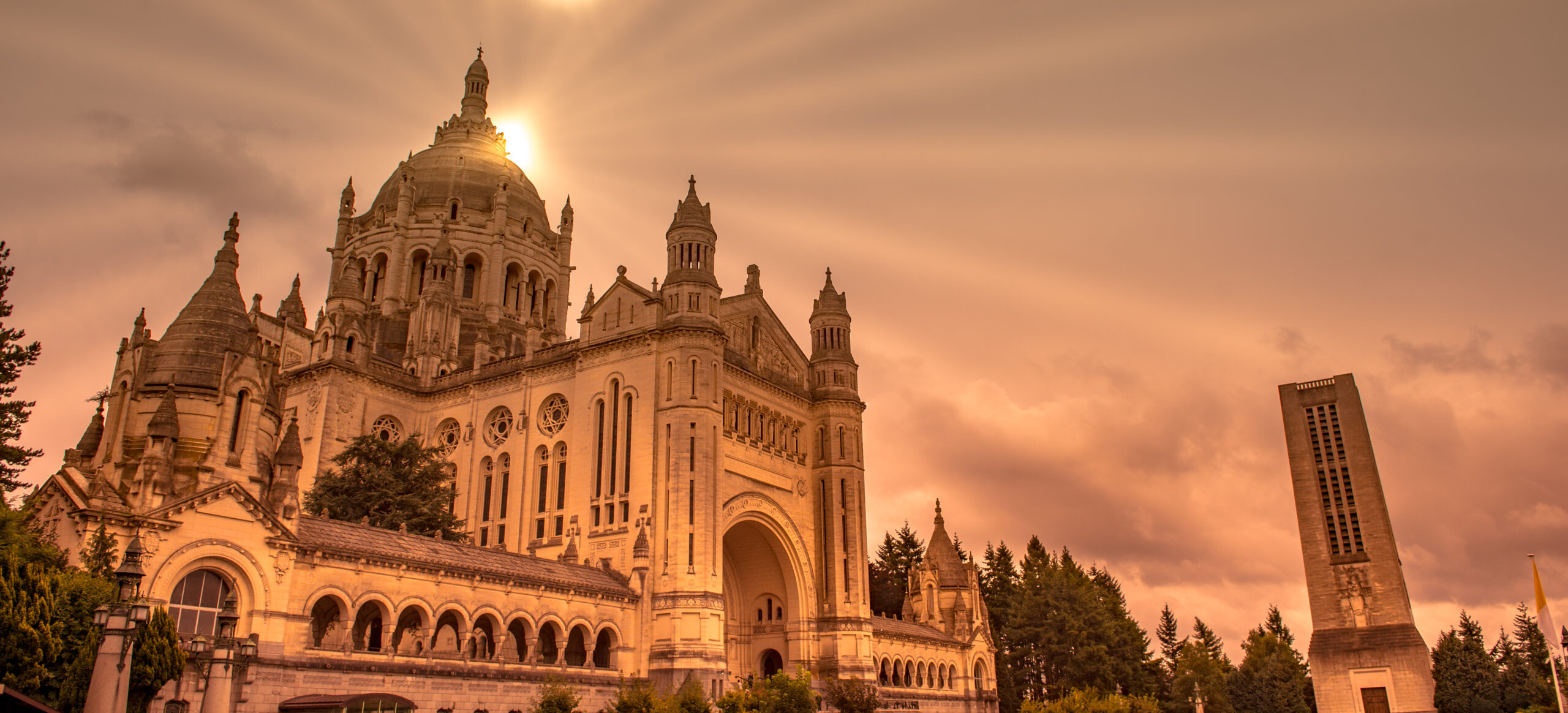Now let us return to our beautiful and charming castle and discover how to enter it. This appears incongruous: if this castle is the soul, clearly no one can have to enter it, for it is the person himself: one might as well tell someone to go into a room he is already in! There are, however, very different ways of being in this castle; many souls live in the courtyard of the building where the sentinels stand, neither caring to enter farther, nor to know who dwells in that most delightful place, what is in it and what rooms it contains.
Certain books on prayer that you have read advise the soul to enter into itself, and this is what I mean. I was recently told by a great theologian that souls without prayer are like bodies, palsied and lame, having hands and feet they cannot use. Just so, there are souls so infirm and accustomed to think of nothing but earthly matters, that there seems no cure for them. It appears impossible for them to retire into their own hearts; accustomed as they are to be with the reptiles and other creatures which live outside the castle, they have come at last to imitate their habits. Though these souls are by their nature so richly endowed, capable of communion even with God Himself, yet their case seems hopeless. Unless they endeavor to understand and remedy their most miserable plight, their minds will become, as it were, bereft of movement, just as Lot’s wife became a pillar of salt for looking backwards in disobedience to God’s command.
As far as I can understand, the gate by which to enter this castle is prayer and meditation. I do not allude more to mental than to vocal prayer, for if it is prayer at all, the mind must take part in it. If a person neither considers to Whom he is addressing himself, what he asks, nor what he is who ventures to speak to God, although his lips may utter many words, I do not call it prayer. Sometimes, indeed, one may pray devoutly without making all these considerations through having practiced them at other times. The custom of speaking to God Almighty as freely as with a slave—caring nothing whether the words are suitable or not, but simply saving the first thing that comes to mind from being learnt by rote by frequent repetition—cannot be called prayer: God grant that no Christian may address Him in this manner. I trust His Majesty will prevent any of you, sisters, from doing so. Our habit in this Order of conversing about spiritual matters is a good preservative against such evil ways.
Let us speak no more of these crippled souls, who are in a most miserable and dangerous state, unless Our Lord bid them rise, as He did the palsied man who had waited more than thirty years at the pool of Bethsaida. We will now think of the others who at last enter the precincts of the castle; they are still very worldly, yet have some desire to do right, and at times, though rarely, commend themselves to God’s care. They think about their souls every now and then; although very busy, they pray a few times a month, with minds generally filled with a thousand other matters, for where their treasure is, there is their heart also. Still, occasionally they cast aside these cares; it is a great boon for them to realize to some extent the state of their souls, and to see that they will never reach the gate by the road they are following.
This article is taken from a chapter in The Interior Castle by St. Teresa of Avila, which is available from TAN Books.







